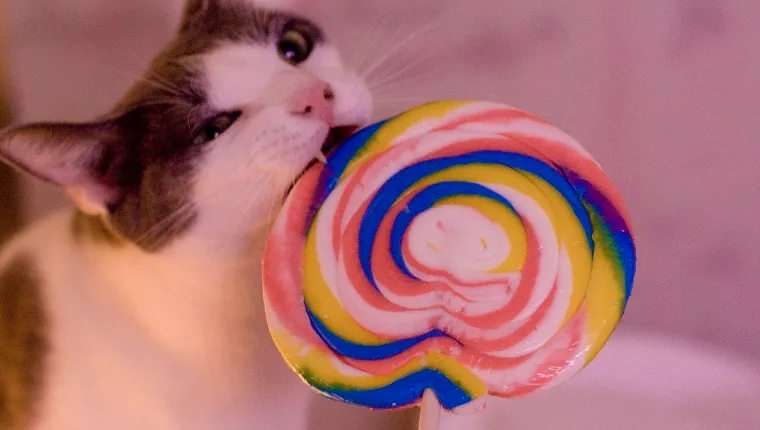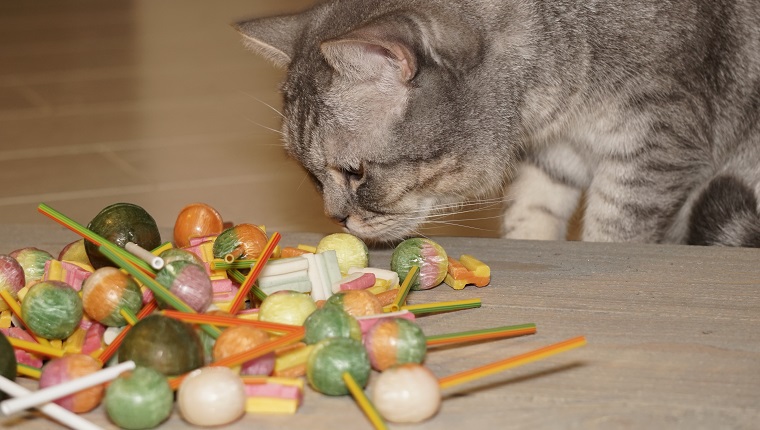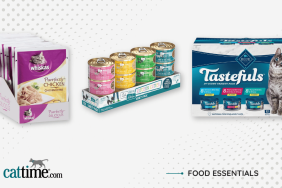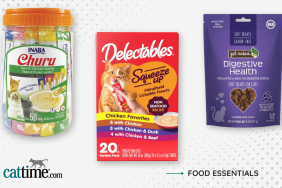Can cats eat xylitol? Xylitol is an artificial sweetener found in several types of foods. You may have heard your dog loving friends talk about the dangers of this sweetener for their canine pals.
If you’ve noticed xylitol in the ingredients list of a snack you’ve just consumed, you might have found yourself wondering whether cats can eat xylitol, or if it’s just as dangerous for cats as it is for dogs. Is it safe to let your cat taste that snack? If humans can eat xylitol, can cats safely eat it too?
There is no short yes or no answer as to whether cats can eat xylitol safely. While xylitol is very toxic and dangerous for dogs, it appears that cats are more immune to the potential negative effects from consuming it.
As always, you must ask your regular vet before sharing any human food with your beloved kitty, including those that have xylitol as an ingredient. Here’s what you need to know about xylitol and cats.
When Is Xylitol Okay For Cats To Eat?
According to the ASPCA, xylitol is not an ingredient that causes “serious problems” when cats consume it. By comparison, if a dog eats xylitol, it can cause blood sugar levels to lower and injure the liver.
Some speculate that one of the reasons why cases of cats falling ill from xylitol are lower than for dogs is because our feline friends naturally don’t have much of a sweet tooth.
If you’re wondering what sort of foods you might find xylitol in, some of the most common ones include candy, chocolate, some kinds of peanut butter, ketchup and other condiments, and pancake syrup. These are not generally foods that you should feed to a cat, regardless of whether they have xylitol in the ingredients.
When Is Xylitol Bad For Cats?

If you notice that your cat has sneaked a taste of some food that includes xylitol as an ingredient, you should not have immediate cause for worry. But you should look out for any telltale signs that some sort of adverse reaction is taking place.
Some of the most common signs of xylitol affecting a pet in a negative way include vomiting, wobbling, and drowsiness. If you notice any of these signs, call your veterinarian. Let your vet know what your cat ate and how much so they can provide the best care possible.
Has your kitty ever eaten something that included the artificial sweetener xylitol as an ingredient? Did they feel okay afterward? Tell us all about it in the comments section below!









